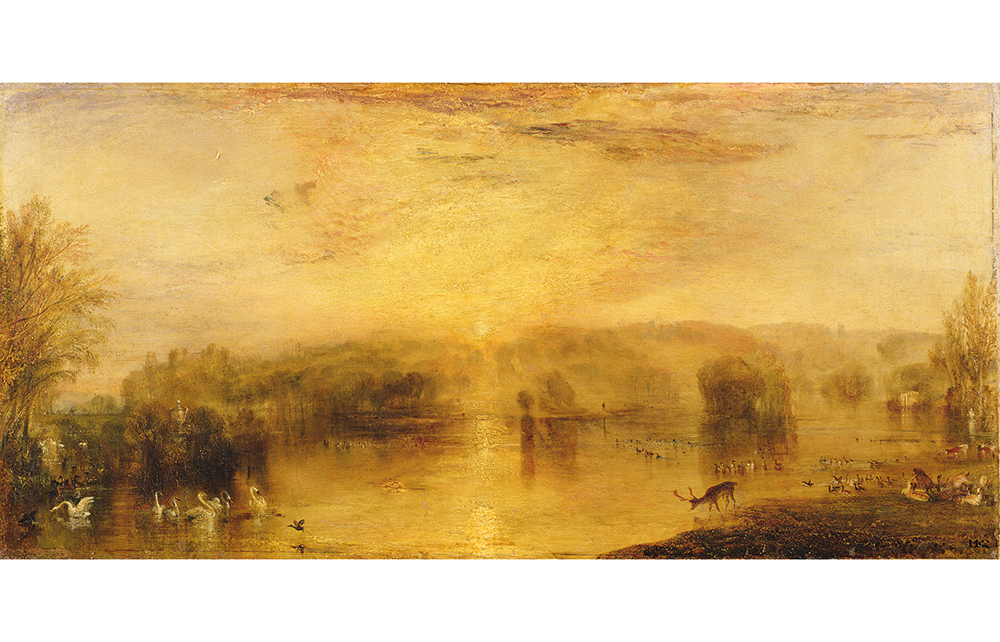This amazing book is itself a little like a flint, a misshapen stone egg of the Sussex Downs. It resists the reader at first, coated in the calcite rind of the author’s slow, scholarly journey, missteps and all. But when you persist, breaking the book’s spine or, as it were, knapping the flinty nodule, you find treasure within.
Alexandra Harris quotes the painter Paul Nash writing in 1937: ‘If I broke all the shells of all my wild stones, I should find that precious yolk which is like precious stones, the black core of the flint.’ From Nash, it’s a hop and a skip to Henry Vaughan, the metaphysical poet who ‘understood his heart as a cold flint that must be violently struck if it were to kindle into divine light’. He called his cycle of religious poems Silex Scintillans – flashing or fiery flint.
Harris’s associative range is second to none, and here she focuses her powers within a 20-mile square. She strikes two stones together under Cocking Down, after a five- hour walk on Midsummer’s Day. ‘A mote of light is visible just for an instant, in the shade.’ In these parts, picking flints from the fields was historically a job of last resort; but the stones have also been, since Neolithic times, a resource. ‘I picked them from their sockets in the path,’ Harris writes, ‘and tapped – gently at first, then with conviction.’ The echoes come.
Storrington was her first home. In the controlled chaos of ‘ensemble class’ in the village hall, she
liked to tap the xylophone and hear its chimes answered by church bells from across the field… I was already conscious of turning from the brightly lit room, where someone was shaking maracas, to look out at the hills in the night. I think I was aware of something grand and inviolable out there, but I didn’t understand much about the land about me and wouldn’t have known what to ask.
Harris takes a quadrat of land, with Storrington near its centre, and examines it as a geographer would a sample.








Comments
Join the debate for just £1 a month
Be part of the conversation with other Spectator readers by getting your first three months for £3.
UNLOCK ACCESS Just £1 a monthAlready a subscriber? Log in